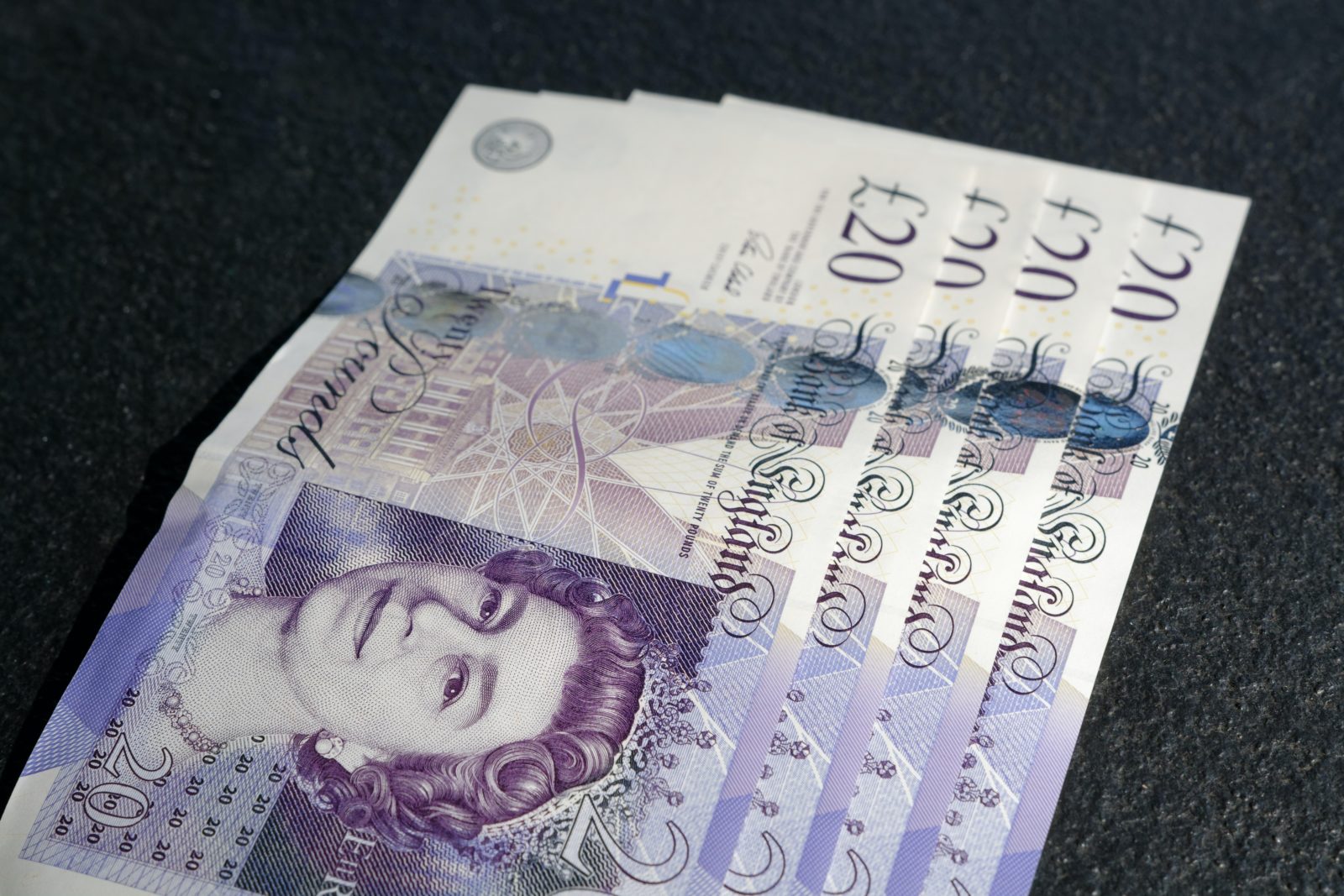In June 2022, the UK’s inflation rate went above 10% for the first time since 1982. As the value of our money decreases in relation to goods and services, food, fuel, and most other things become more expensive, leading to a cost of living crisis for much of the country. The rising inflation rate and higher costs of doing business are bad news for most UK companies, but it won’t necessarily affect all companies the same.
According to recent polls, 97% of small business owners are concerned about inflation and believe that rising expenses are the biggest threat to their industry. Prices have increased significantly for everything from wages and raw materials to energy and fuel. But as we’ve already seen in the wake of the pandemic, small businesses in the UK are tenacious and well-equipped to face challenges head-on with creativity. Rising costs are generally bad for the economy as a whole, but some companies will be able to cope better than others.
The UK tech industry could be poised to help other industries thrive as a growing number of businesses digitalise and prepare for this new challenge.
AWISEE, UK based Link Building Agency, is helping businesses locally to grow their reach and expand online despite the threat of inflation. Growth is a great way to combat rising costs, provided it’s done in an efficient and holistic way. SEO is the most sustainable way to invest the marketing spend today.
What is Inflation?
The rate at which the cost of goods and services rises is known as inflation. One of the most important indicators of a nation’s financial health, inflation makes things more expensive and reduces the purchasing power of money. Over time, inflation is expressed as a rise or reduction in percentage. For instance, a driver will have to pay 2% more at the pump than they would have 12 months prior if the inflation rate for a litre of petrol is 2%.
Inflation occurs naturally over time, but when it increases too quickly, and at a faster rate than wages increase, it becomes an issue. If this takes happens, consumers will pay more for goods while still making the same salary, which will lower their purchasing power and standard of living.
Businesses are also affected by inflation, with rising costs of goods and services affecting their profit margins. Even if they’re able to sell a product at a higher price, it’s cost them more to acquire it. This is true for most companies except those that deal in raw materials.
How UK Businesses Can Beat Inflation
Different businesses will experience inflation in different ways. For borrowers of fixed-rate loans, the importance of their loan payments decreases as inflation increases. Additionally, due to the depreciating value of the local currency, businesses engaged in the trade and export of commodities and other goods can compete more favourably with overseas rivals during periods of inflation.
One way for UK businesses to beat inflation is to look at ways they can improve their business processes and become more efficient. Many companies are now taking the time to digitalise, having previously put it off. Using digital technology allows companies to streamline their business processes and save costs while potentially delivering higher quality.
Business leaders that take a proactive approach will be more likely to help their company survive and even thrive. Ignoring the problem and carrying on as usual can lead to greater problems down the line. Inflation can lead to some positives, such as increased consumer spending and higher business growth, but it’s important to take care of the potential risks before focusing on these. That means lowering costs, managing debt and making sure that the business inventory is managed correctly.








Leave a Reply
View Comments